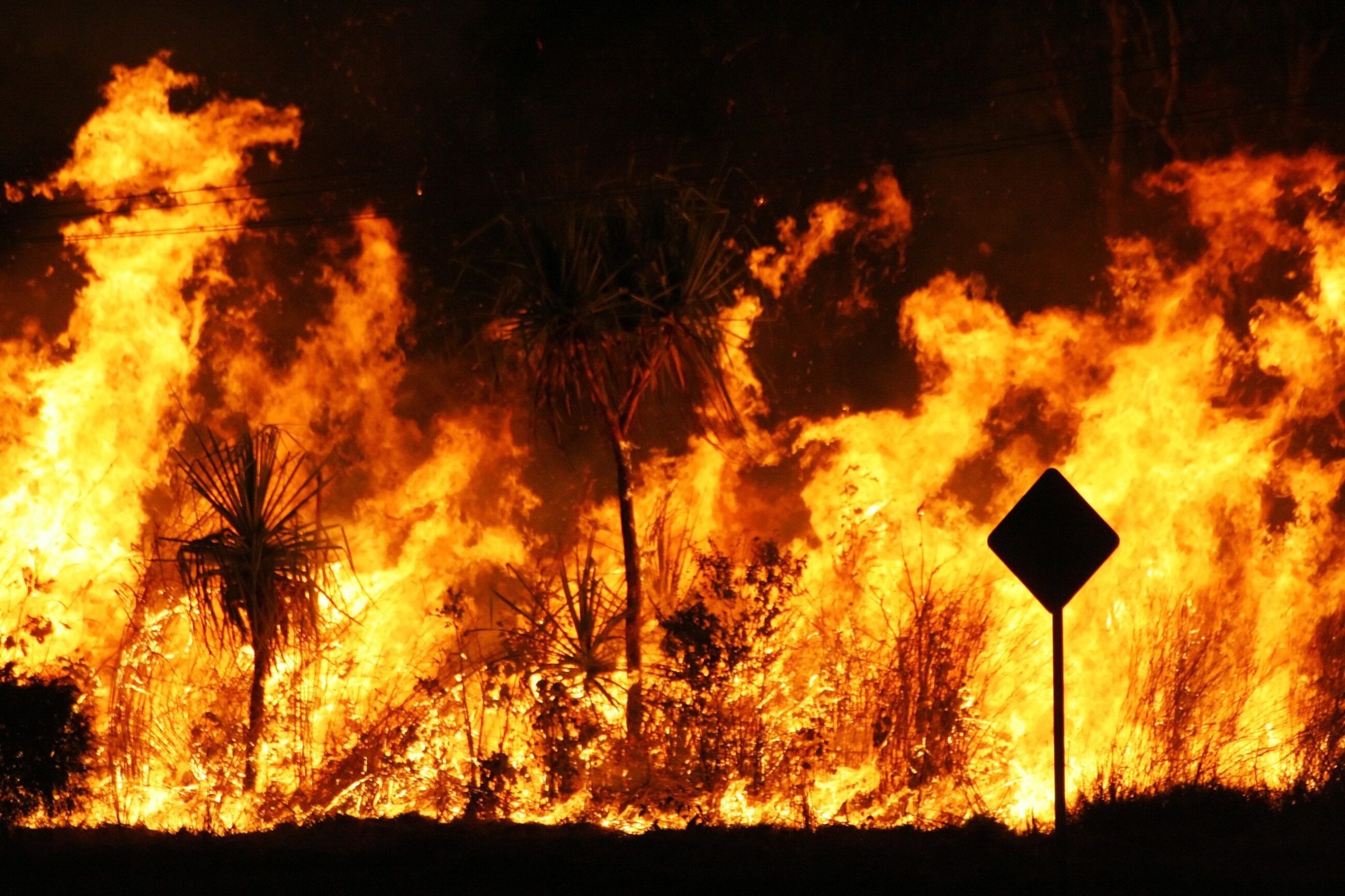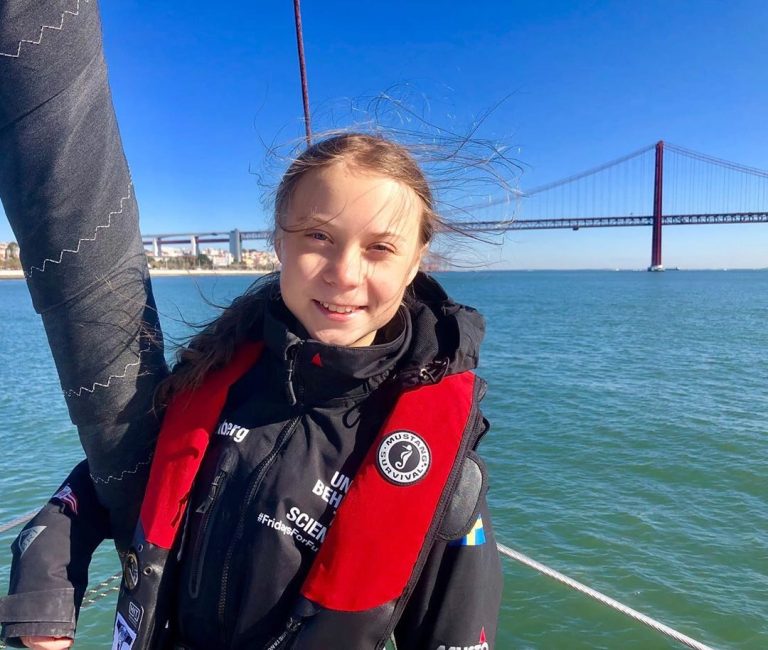Deloitte: 2020 will be the first year in which the climate crisis will impact ordinary citizens

2020 will be the first year in which the climate crisis and attempts to deal with it will have a wide impact among ordinary citizens, says Julia Patorska from Deloitte.
What will make 2020 stand out? According to Julia Patorska from Deloitte, this will be the first year when ordinary citizens will start talking and feel the effects of climate change firsthand.
“Just a few years ago, only specialists talked about the climate crisis at closed symposia and conferences. The message about anthropogenic changes taking place in the natural environment and the progressing climate crisis did not reach people. The year 2019 went down in history as the year in which climate challenges came to the so-called mainstream media, including thanks to Greta Thunberg. My thesis is that 2020 will be the year when we will all begin to feel the changes caused by the climate crisis and attempts to cope with it firsthand, also in Poland,” we read in the Deloitte analysis.
The climate crisis is at your fingertips
The perception of climate issues and their importance for individual residents is largely influenced by media coverage. As the Deloitte expert points out, this can be seen, for example, in the reaction to the fires that devastated Australia.
“Since late December, social media has been flooded with apocalyptic photos of Australia burning. And although summer fires on this continent are not a completely new phenomenon, their scale indicated that the problem was beyond human control. Australians themselves realize that this is not a one-time incident, but rather a new situation forcing new actions. In the case of Australia, the climate has already changed and these actions can only support the continent in adapting to the changes and mitigating their effects, but for the rest of the world they may be a chance to prevent future climate changes,” emphasizes Julia Patorska.
More expensive electricity, food, transport
Where does the idea that climate change will become a topic of conversation among ordinary citizens come from? Mainly for economic reasons. There are many examples from recent months. Increases in electricity prices, planned meat tax, changes in transport… Deloitte expert referred to this first example.
“At the end of December, the Electricity Act, which froze energy prices for households, local governments and micro- and small enterprises, ceased to apply in Poland. After heated discussions between the largest energy producers in Poland and the Energy Regulatory Office, the regulator finally approved the new tariffs. As a result, this year the average Pole will pay several percent more for the electricity he consumes. The increase in prices for consumers is mainly caused by the high cost of purchasing CO2 emission allowances, which again result directly from the energy policy pursued at the EU level,” we read in the analysis.
It’s time to understand that change affects our lives
“Anthropogenic changes in the natural environment, which on the one hand cause irreversible climate change, and on the other hand, pollution and loss of biodiversity, have forced the European Commission to introduce effective tools to influence the behavior of business and consumers. Business understands climate risks better and better. This is confirmed by respondents in a survey conducted by Deloitte for the report “The Fourth Industrial Revolution: Ready and Responsible” – 9 out of 10 business leaders believe that climate change will have a negative impact on their organizations. At the same time, it seems that the average citizen has not always been able to connect the changes taking place “in his backyard” with global challenges and attempts to deal with them. However, the currently observed increase in energy prices and waste management fees will directly affect all citizens. This may change the perception and interest of the average Polish resident in matters of the climate crisis,” wrote the Deloitte expert.
According to the Deloitte expert, as a society we have reached the point where we must realize that climate change is not a propaganda slogan, but something that actually affects us. This moment is extremely important because time for action is running out.
“Decisions made over the next two to three years will shape the next several decades. It’s time to notice and understand it,” concluded Julia Patorska.






